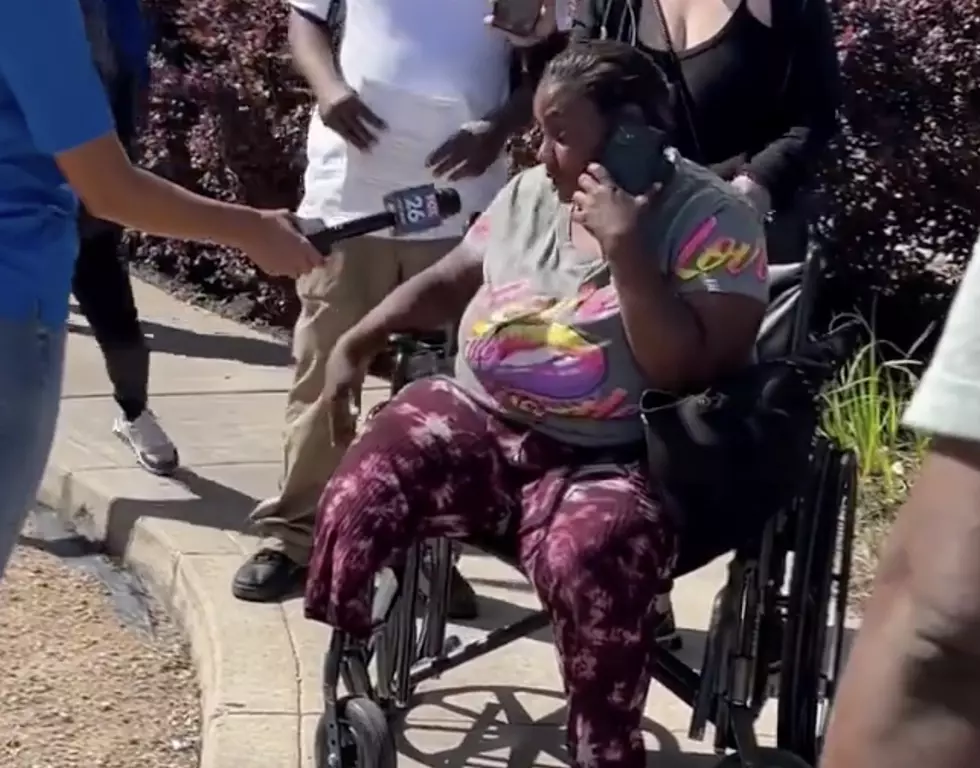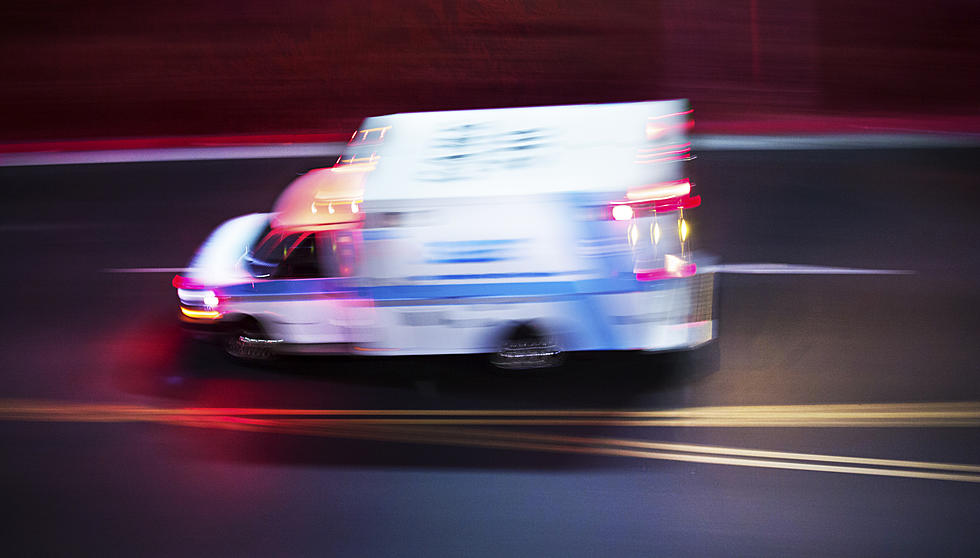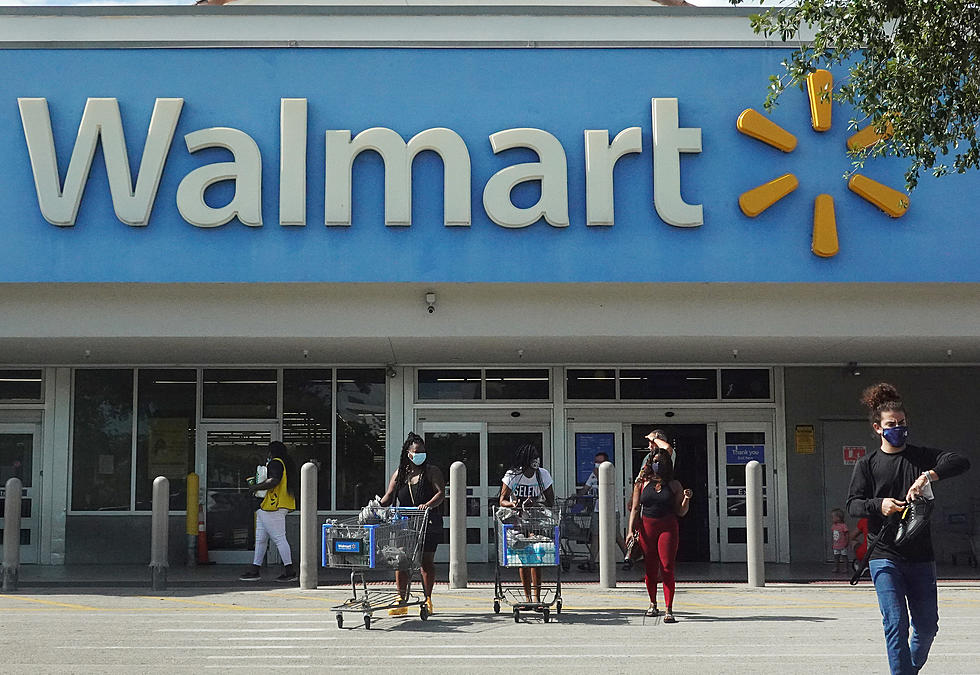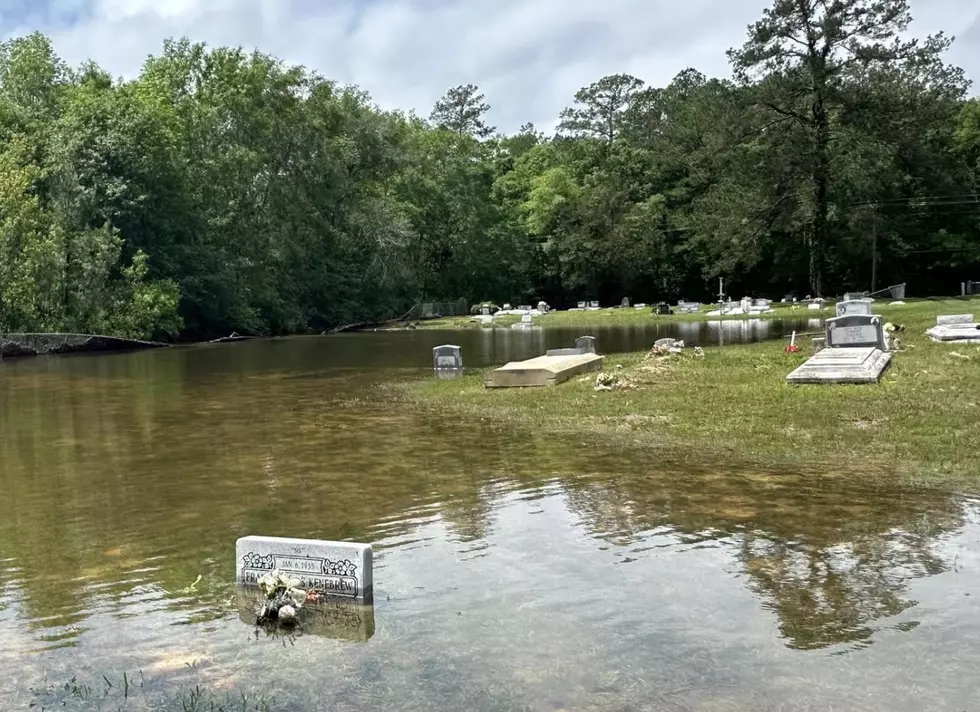
Ex-Saints Player, Doctor Are Arrested In Georgia Opioid Case
ATLANTA (AP) — A former NFL football player and a Georgia doctor face charges of illegally distributing prescription drugs, including opioids.
Former New Orleans Saints player Sedrick Hodge sold oxycodone pills in Cartersville, Georgia, northwest of Atlanta, federal prosecutors said Wednesday. Hodge, 40, is accused of illegal distribution of controlled substances, among other charges.
Dr. Victor Hanson, 86, faces 14 counts of illegal drug distribution involving prescriptions that included powerful opioid painkillers, prosecutors said.
Two other suspects also face charges.
Hanson lives in the Atlanta suburb of Brookhaven and operated a weight loss clinic in nearby Sandy Springs. He issued "numerous illegitimate prescriptions for drugs, including powerful opioid painkillers," U.S. Attorney Byung J. Pak said in a statement Wednesday.
"While Hanson prescribed these drugs without a legitimate medical purpose, Sedrick Hodge and other associates allegedly sold these drugs in communities like Cartersville," Pak said.
The doctor accepted only cash or checks for the drugs, and Hodge then sold them on the street for cash, prosecutors wrote in the indictment. The drugs included oxycodone, hydrocodone, alprazolam and others, prosecutors said.
Lawyers for Hodge didn't immediately respond Wednesday to calls and emails requesting comment. It wasn't known whether the others have lawyers yet.
Hodge, a linebacker who played at the University of North Carolina, was drafted by the Saints in 2001. He spent all five of his NFL seasons in New Orleans, appearing in 63 games and starting 43. He signed with Miami as a free agent in 2006, but was cut before the regular season began.
This case is part of the U.S. Attorney's Office's Operation SCOPE, an acronym for Strategically Combatting Opioids through Prosecution and Enforcement, according to prosecutors. It is aimed at fighting the nation's opioid crisis by cracking down on physicians and dealers.
The opioid crisis is the "deadliest drug epidemic in American history," the U.S. Department of Justice said in its recent budget request. President Donald Trump has declared it a National Public Health Emergency.
Opioid overdoses claimed the lives of about 400,000 Americans from 1999-2017, according to the Centers for Disease Control and Prevention.
___
Associated Press Writer Brett Martel in New Orleans contributed.
More From 99.9 KTDY









